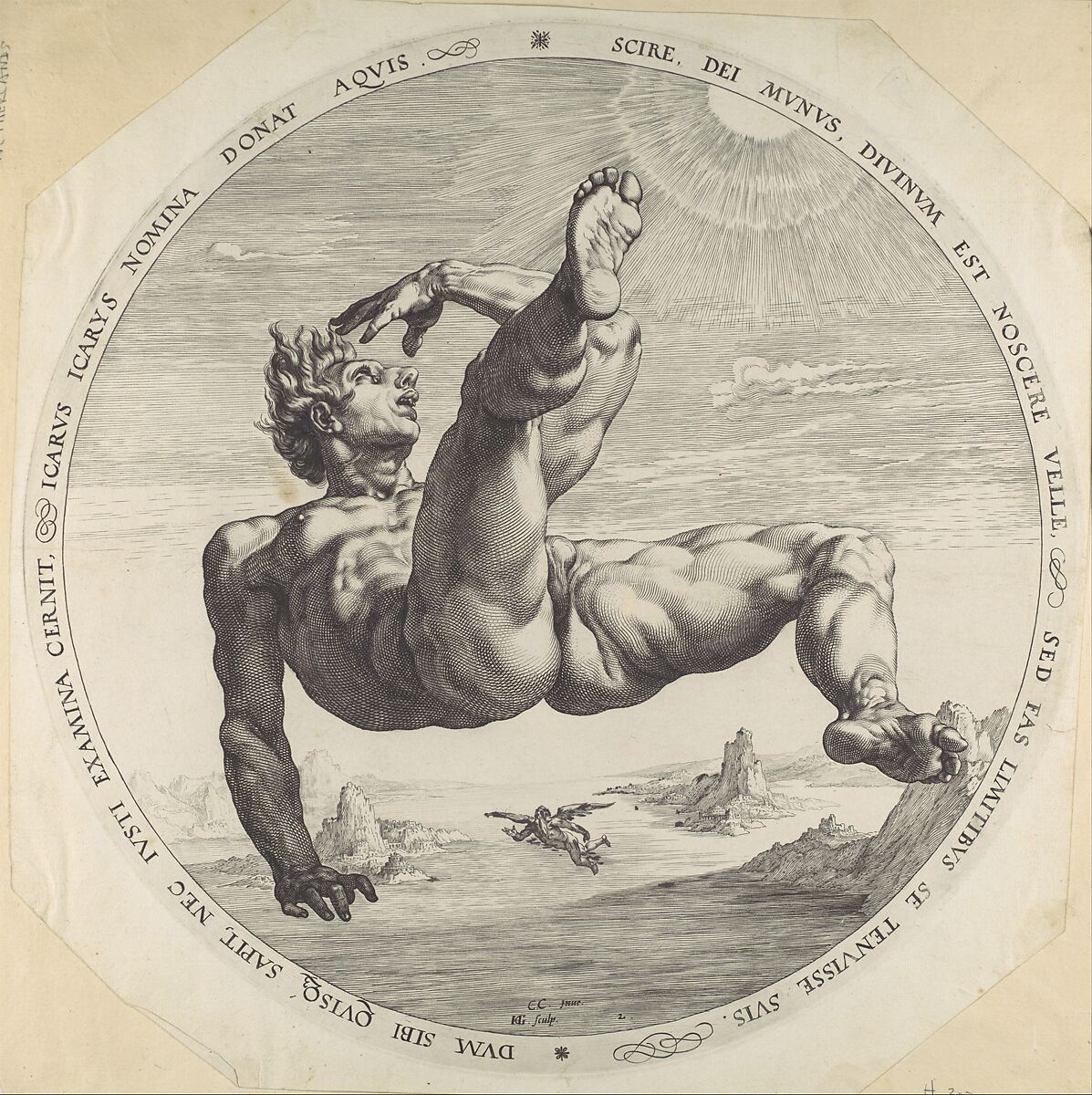Industry News
CIT Overturns AD/CVD Evasion Finding
TweetJan. 22, 2024
By:
Pietro N. Bianchi
On January 16th, the Court of International Trade held that Customs committed "multiple errors, both of fact and of law" in determining that Columbia Aluminum Products, LLC’s (“Columbia”) imports of door thresholds from Vietnam were covered by and evaded antidumping and countervailing duty orders on aluminum extrusions from the People’s Republic of China. AD/CVD orders, and their scope, are determined by the Department of Commerce, not Customs. Customs merely enforces Commerce’s AD/CVD orders.

In this case, the scope of the AD and CVD cases were limited to aluminum extrusions, defined as “shapes and forms, produced by an extrusion process,” from China made of specified aluminum alloys, even if subjected to further fabrication and finishing. A “subassemblies” provision, extends the scope to aluminum extrusion components attached to non-aluminum extrusion components to form “partially assembled merchandise.” However, there is a “finished merchandise” exclusion that “excludes finished merchandise containing aluminum extrusions as parts that are fully and permanently assembled and completed at the time of entry, such as finished windows with glass, doors with glass or vinyl, picture frames with glass pane and backing material, and solar panels.”
It was not contested that Columbia’s door thresholds were multi-component products made with various materials, produced/assembled in Vietnam, fully and permanently assembled before importation, and the aluminum component is not the principal contributor to the weight, value, or functionality of the finished threshold products. Notably, Columbia’s door thresholds were not aluminum extrusions, were not made in China, were not partially assembled merchandise consisting of a Chinese aluminum extrusion component attached to non-aluminum extrusion components and were finished goods. So, Columbia’s door thresholds were clearly not covered by the AD/CVD orders, right?
The AD/CVD orders have been around for more than a decade. There are many circumvention determinations and scope rulings on these orders, a number of which Customs relied on in making its decisions. There is also a new aluminum extrusions case in the works, which BRC has previous covered. These factors may have muddied the water. Further, Customs has a ministerial role in enforcing AD/CVD orders. Customs can determine if merchandise is covered by unambiguous scope language but is unable to clarify or interpret AD/CVD orders. This is a fine line and contrasts Customs’ ability to interpret other facets of trade such as product classification. This, along with Customs’ mission to protect the revenue, may have contributed to the numerous mistakes of fact and law in this case.
The Court of International Trade ultimately granted Columbia’s motion for summary judgement, found Custom’s prior determinations contrary to law, and ordered a redetermination consistent with its opinion. However, the many undisputed facts and clear exclusion for finished goods did not prevent Columbia from going through the wringer. AD/CVD scope, evasion, and enforcement can be a difficult intersection to navigate. If you have questions about whether antidumping and countervailing duties apply to your goods, do not hesitate to contact an attorney at Barnes Richardson, & Colburn LLP.
